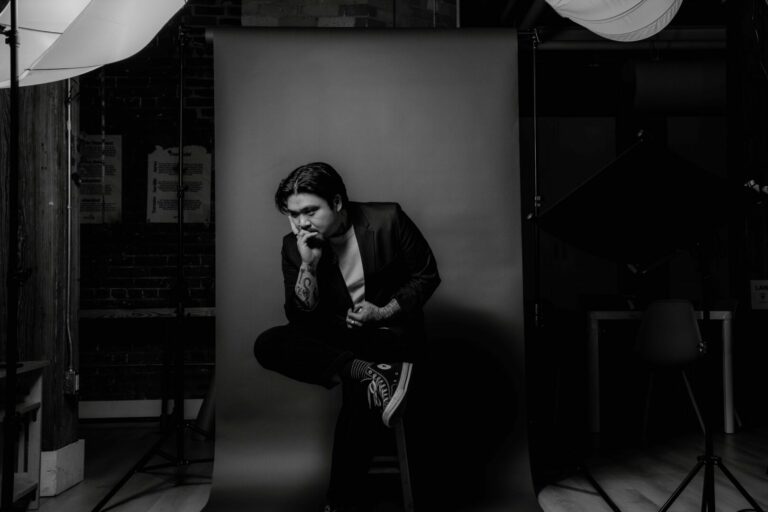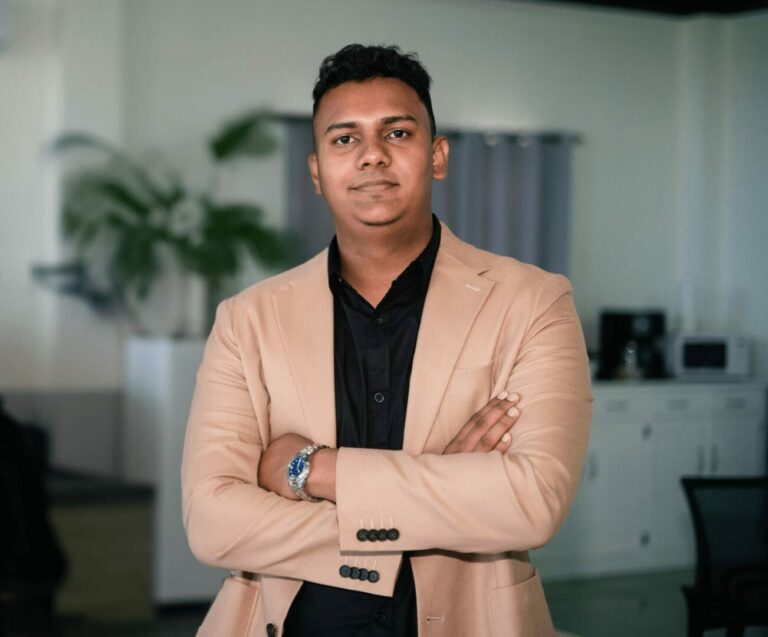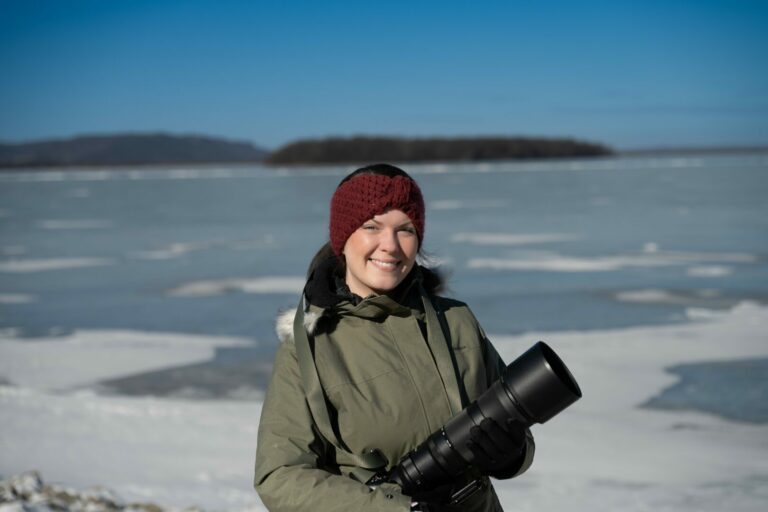Alright – so today we’ve got the honor of introducing you to Andrew Leung. We think you’ll enjoy our conversation, we’ve shared it below.
Andrew, so excited to have you with us today. So much we can chat about, but one of the questions we are most interested in is how you have managed to keep your creativity alive.
When I was fresh out of art school over 20 years ago, my only concern was to get a job in the entertainment industry as a working artist. It was probably the worst time to finish school since in 2001 it was the first dot-com crash.
I was lucky and eventually found my first job as a matte painter after submitting untold amounts of portfolios and resumes to companies and studios all over Los Angeles and San Francisco. From then, most of the drive to move forward was from fear.
I was also unusually hard on myself, because film artists I looked up to, David Lynch, Stanley Kubrick, and the Coen Brothers, seemed like geniuses from another realm that felt so far out of reach.
Despite being able to put food on the table the first half of my career up til then, I was hard on myself when it came to my own work as an artist. I delayed creating my own work because I was so busy working the craft on paid work. To make matters worse, when I did my own work, it felt more derivative and imitative. I unfairly loathed myself because of that.
The changed 10 years ago when I learned that perhaps I was being too hard on myself, and really the lack of ideas was because of the lack of life I lived. I was so focused on working to live I forgot how to live. I forgot to draw from the well of inspiration that was my life. I was a victim of youth, full of energy yet lacking the inspiration needed to create.
It was then that I totally understood what it meant to write from what I know. While I searched for a great story to tell, I had neglected the story of my family. That’s when I finally grew to become the artist I’ve always wanted to be. I created my first animated documentary, “The Chemical Factory”. A short film about my mother growing during the Cultural Revolution during the 1950s. It is now part of the LA times short doc series.
If you made it this far, it’s my long winded way of saying, don’t let your career define who you are. These companies that hire you care nothing of your happiness. They may tell you that you are family, but they wouldn’t blink to let you go the second they no longer need you. If you let them say your life is the work you do for them, you will most definitely set yourself on a path to spiraling depression.
Instead, remember you were put here on this earth to create. You must give yourself something that you love to build beyond the work that puts food on the table. At the end of the day, this is what makes you you. Not the superhero’s you’re paid to draw, not the fantasy places they inhabit you’re paid to design, and certainly not their stories you’re paid to write.
Thanks, so before we move on maybe you can share a bit more about yourself?
I’m a burgeoning filmmaker who has a spent most of his working life as concept artist for feature films. Some of my commercial work includes concept design for The Black Panther, Wakanda Forever, Lord of the Rings: Rings of Power, and Mulan.
My focus now is telling stories that are truthful yet entertaining from the Asian American perspective.
If you had to pick three qualities that are most important to develop, which three would you say matter most?
1.) Don’t beat yourself up for being young. Instead go out and get your heart broken. 2.) Experience and live your life so you have something to say. 3.) If you’re an artist, never stop drawing and never stop ingesting any new way to create. The job is important to feed yourself, but it is not the path to happiness.
All the wisdom you’ve shared today is sincerely appreciated. Before we go, can you tell us about the main challenge you are currently facing?
Honestly? Funding for my projects now. This was something I wished I had started on earlier in my career. Specifically, grant writing and finding money to create my projects. This new phase I’ve embarked on in the last 8 years has taught me to become a better grant writer, and finding money in creative ways I never thought possible.
Through this process, I learned that I didn’t need a producer or a business partner, and that I was the best advocate for my own projects. Searching for grants also taught me to fine tune my storytelling and continually get to the heart of what I’m trying to express.
Contact Info:
- Website: Anihaus.com
- Instagram: https://www.instagram.com/anihausdrew/
- Linkedin: https://www.linkedin.com/in/andrewleung




Image Credits
-battle scene key frame for Disney Mulan (2020) – still from the The Chemical Factory documentary – still from the The Chemical Facory documentary – still from Ancient of Mars, a production image from a current short film I’m writing and directing




